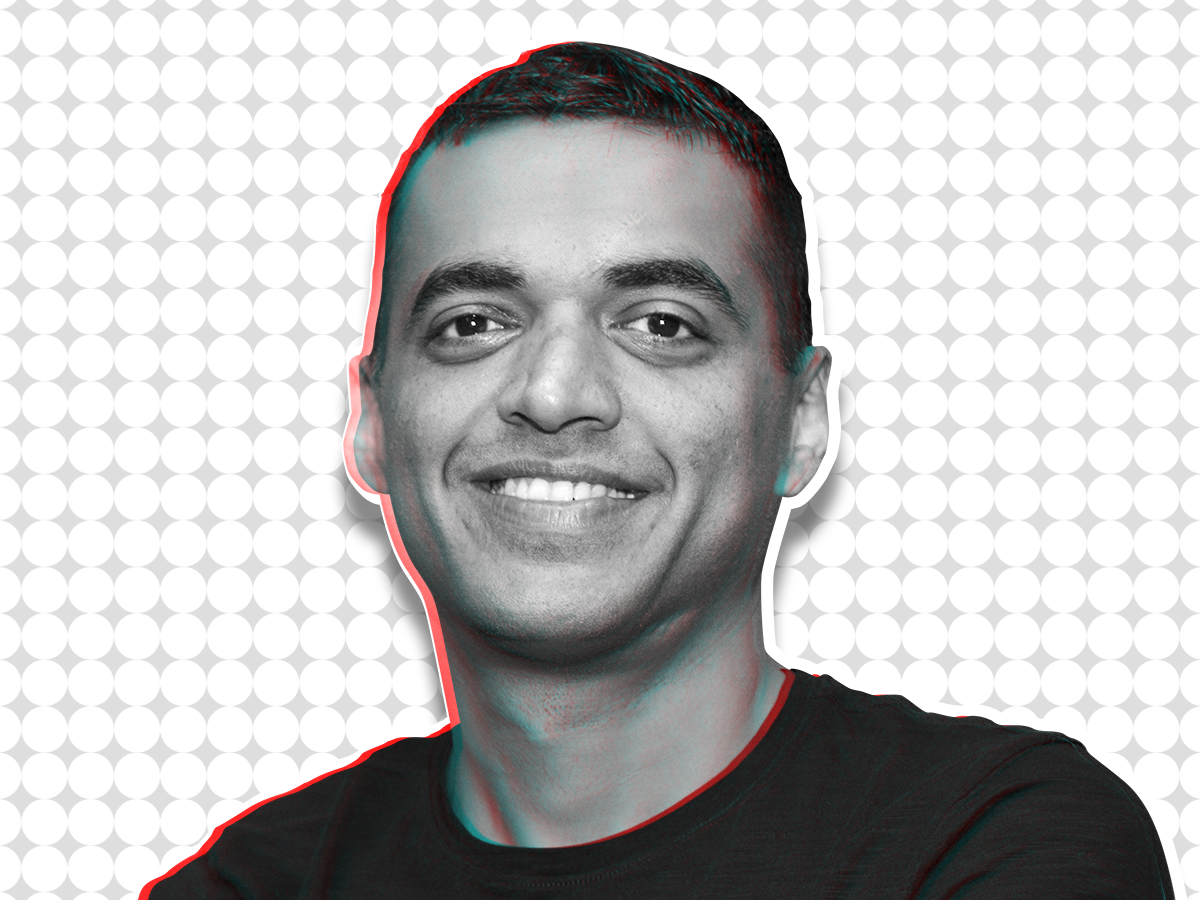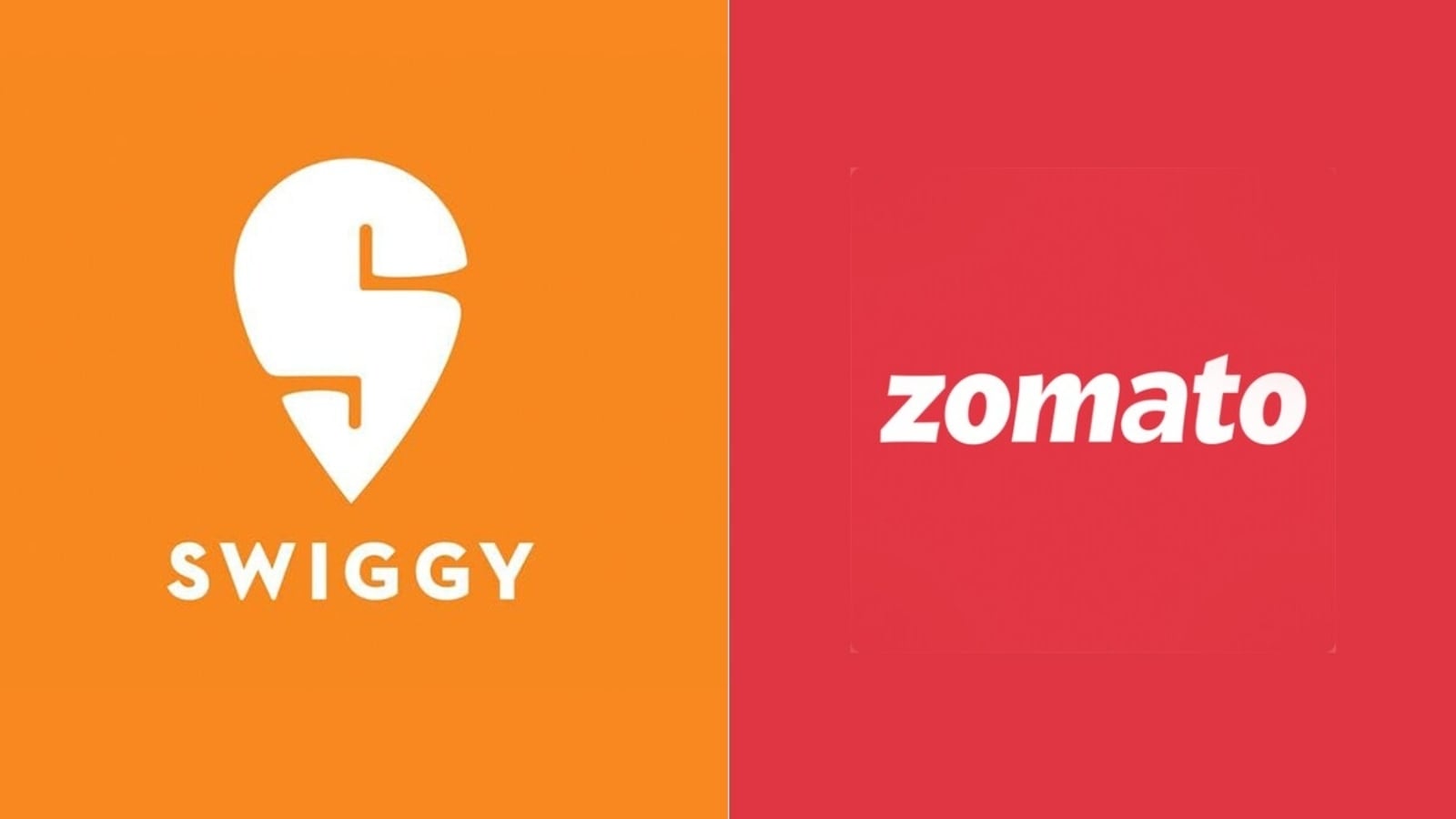ESOP Impact On Zomato: Deepinder Goyal’s ESOP Cost Zomato INR 143 Crore In The Second Half Of FY23.
Zomato said in a shareholder letter this week that it spent Rs 510 crore on ESOP expenditures in FY23, compared to Rs 880 crore in FY22.

Employee stock options (ESOPs) granted to Zomato co-founder and Chief Executive Officer Deepinder Goyal cost the company INR 143 crore in the second half of FY23, despite the company’s efforts to persuade public market investors of the company’s impending profitability, according to related party transaction filings on the exchanges.

Meanwhile, the total ESOP cost for such rewards to the company’s three key managerial personnel (KMPs) was INR 156 crore during the period, with allotments to chief financial officer Akshant Goyal and company secretary Sandhya Sethia costing Rs 13.5 crore and Rs 10 lakh, respectively.
According to the company’s records, Deepinder Goyal’s share-based payments accounted for 67.5 per cent of the company’s total ESOP cost of INR 212 crore in the first half of FY23. Similarly, KMPs accounted for 74% of all ESOP expenditures, implying that share-based payments for all other employees accounted for just 26% of the total or Rs 55 crore.
Meanwhile, Zomato said in a shareholder letter this week that it spent Rs 510 crore on ESOP expenditures in FY23, compared to Rs 880 crore in FY22.
For comparison, the total ESOP cost for such awards to the company’s three key management persons (KMPs) in FY22 was Rs 779 crore. According to Zomato’s annual report for FY22, the cost spent by the firm due to the CEO’s stock remuneration was Rs 753 crore. However, the papers revealed that the CEO and CFO waived their cash remuneration in FY22 and FY23.

The expenditures on Donation.
Deepinder Goyal told staff in an internal memo last year that he planned to donate roughly Rs 700 crore of his ESOP income to the Zomato Future Foundation in FY22. The funds would be utilised to fund the education of the children of delivery partners.
Some expert opinions on ESOP.
In response to an analyst question on whether ESOP expenses can be expected to fall on a quarterly basis in the future, firm management stated that it might go up or down depending on a variety of circumstances.
During the analyst call, a senior official stated that while the recent high-profile exits from the firm, such as those of New Initiatives Head Rahul Ganjoo and co-founder Mohit Gupta, might influence the ESOP expenses, the impact would be minor.
The impact of Competitors.
Zomato said it achieved positive adjusted EBITDA in the March quarter, excluding the rapid commerce subsidiary Blinkit. The timing is significant since it comes only one day after Swiggy announced that its food delivery service was also operationally profitable in March, excluding employee stock option (ESOP) fees.

The role of Adjusted EBITDA in calculations.
Adjusted EBITDA is a new-age company’s measure of operational profitability. Some fixed expenditures, such as share-based payment expenses, are not included in the computation.
Zomato stated in a letter to shareholders last week that its next objective was to achieve complete profitability in the next four quarters or by March 2024. This would cover Blinkit-related charges as well.
Zomato announced on May 19 that its consolidated net loss in Q4FY23 was Rs 188.2 crore, down from Rs 359.7 crore in the same period last year. Its operating income increased by 70% to Rs 2,056 crore in the last quarter, up from Rs 1,211.8 crore in the previous quarter.
Zomato‘s meal delivery business saw its gross order value fall by around 1% to Rs 6,569 crore in the March quarter, owing to an industry-wide slowdown and its pullout from 225 cities in the previous quarter.
Some criticisms on ESOP.
Several analysts and investment critics have criticised the ESOP practises of businesses such as Zomato, Delhivery, Paytm, and Policybazaar, which have been listed on the stock exchanges in 2021. While the firms continue to lose money, the founders and senior executives have been rewarded with hefty ESOP payouts.
Proofread & Published By Naveenika Chauhan




